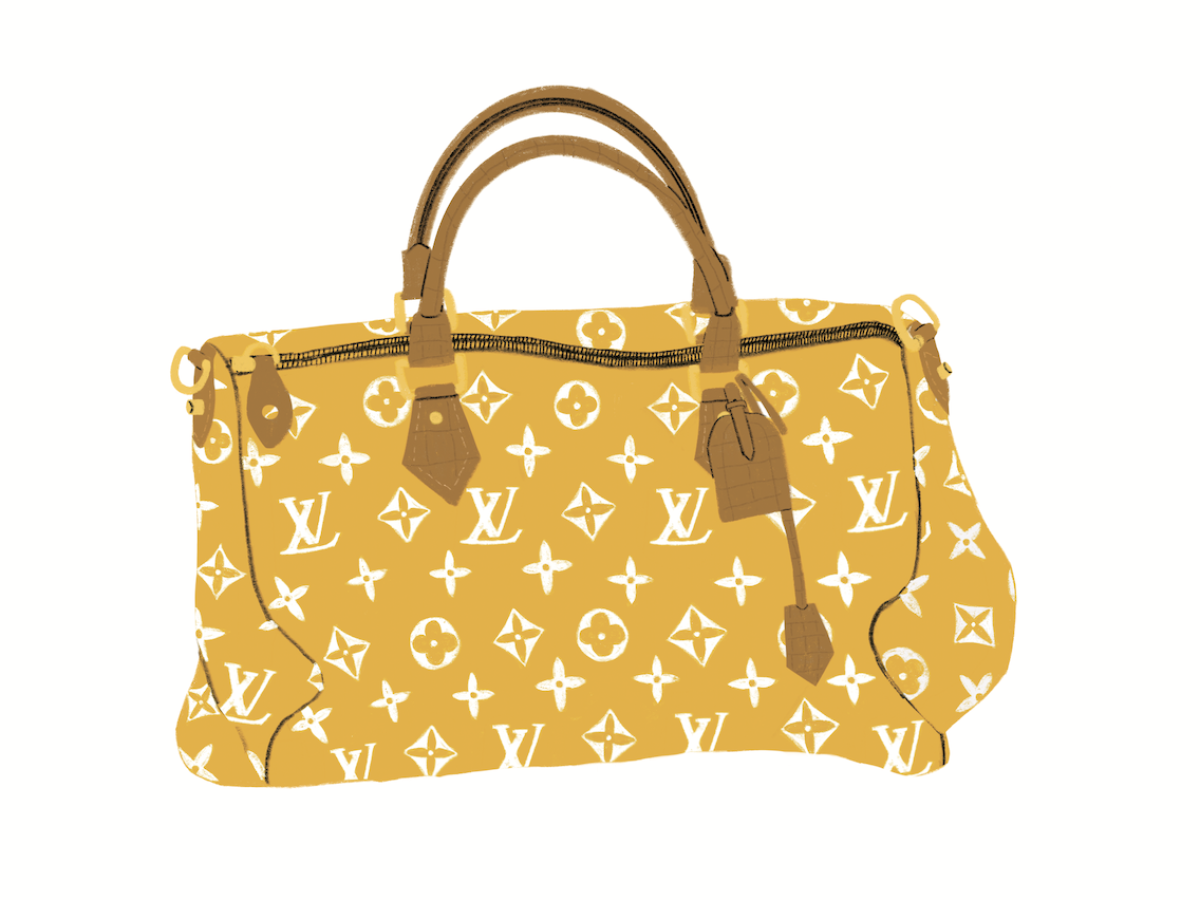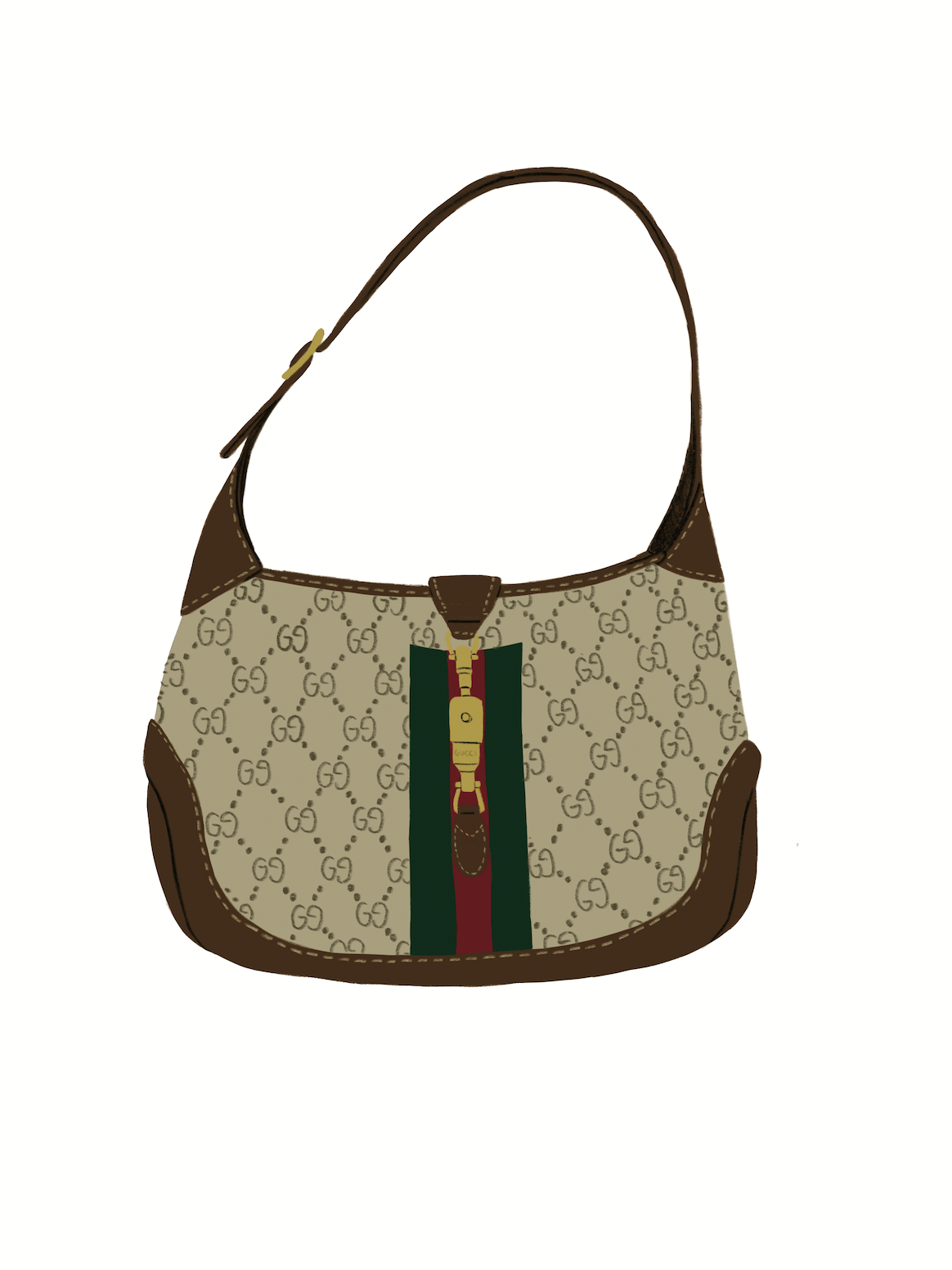
This story is featured in the September/October issue of ESSENCE, available on newsstands now.
Since the conclusion of the popular HBO series Succession and the departure of the Roy family from our screens, their minimalist fashion aesthetic has ignited conversations across social media platforms and publications. The talk focuses on the latest fashion trend rooted in White, old-money attitudes and behaviors. Inspired by the Hearsts, the Murdochs and the Mercers, three White families that acquired wealth through mass media ownership, the fictional Roys represent American ideals of opulence and wealth. “Quiet luxury,” denoting an unembellished approach to fashion that involves investing in classic pieces, is in—while ostentatious style, with logos and indulgence in trendy items, is supposedly out.
This current fashion focus is apparently in contrast to the popular idea of “soft living,” which originated in the Nigerian influencer community and is about enjoying a life of ease. A visceral movement away from the societal, cultural and political conditions that inevitably place Black women last, soft living is also characterized by expensive beauty hauls, big, Instagram-worthy vacations and luxury brand buys. The soft life embraces the hallmarks of the nouveau riche; this aligns with Black Americans’ newfound ability to indulge in the high-end retail market in a larger capacity.

Yet Black women who like to display their opulent purchases and extravagant trips on social media are now being told that their version of an affluent lifestyle is gaudy. As the quote that’s been floating around online goes, “Money talks, wealth whispers.” While quiet luxury can be about a stripped-down way of living, some have pointed out that how it’s classified in the culture can also come off as elitist and racist—noting that a love of labels has often been associated with Black people. Rejection of this aesthetic seems also to be a rejection of those who express it. That’s more reason, some say, for Black women to not to be too quiet in the ways in which they choose to celebrate themselves.
“Leaning into the luxurious life, we are bucking up against that—we are pushing back. And I think there’s a lot of power in being able to do that,” says Traci Williams, Ph.D., board-certified psychologist and certified financial planner. “People have so many opinions about how Black women live their lives. I think it is important for Black women to make their voice louder than the voices of [those] other people, so that they’re living for themselves.”
Embracing luxury, whether in “loud” ways or through this latest trend of investment in timeless pieces, can be a good thing when it’s done with financial responsibility. “I have four questions you should ask yourself before spending money,” says Tiffany “The Budgetnista” Aliche, New York Times best-selling author of Get Good With Money. “Those questions are, ‘Need it? Love it? Like it? Want it?’ Your needs—like food, shelter, clothing, water—come first, so you must ask yourself, Will I be unhealthy if I don’t get this thing? Will I be unsafe? Take care of your needs first. Then comes your ‘love’ purchase. Women, especially Black women, skip over this love component. A love is something that, a year from now, will still bring you joy.”
According to Aliche’s logic, your money is well spent if a trip abroad or designer shoes bring you joy. As long as her needs are met, there is nothing wrong with a Black woman sharing her “love purchase” with the world. Even if you have a change of heart about a purchase later, there is still a benefit to that experience.

“It might turn out that five years from now, someone realizes, Maybe I could have invested my money, instead of buying this purse that doesn’t have a high resale value,” says Cicely Horsham-Brathwaite, Ph.D., psychologist, author and executive coach. “But it’s about being able to explore—and knowing you can pivot later if the path that you took doesn’t turn out to be the one for you. Or perhaps it was once the right path, but it no longer is. As Black women, we often are not afforded the luxury of trying things out, making mistakes and learning from them.”
Whether you’re investing in white button-down shirts and tailored pieces from the Row and Saint Laurent, buying the latest Fendi monogram bag or indulging in smaller luxuries, as long as a purchase makes you happy without making you bankrupt, then you should do it without concern for what others, the Internet included, think.
“I get my hair done,” says Williams. “I get my monthly massage. I like to go out to a new restaurant. I am planning to do vacations with my family next year, so I’m saving up for that. Just on a day-to-day basis, I have found a way to build all these small luxuries into my life. Once you are taking care of the basics, you are able to pay your bills, you have savings that you are setting aside, and you have a plan for your future that you’re working toward—then by all means enjoy whatever you want to enjoy,” Williams adds. “Life is too short not to.”